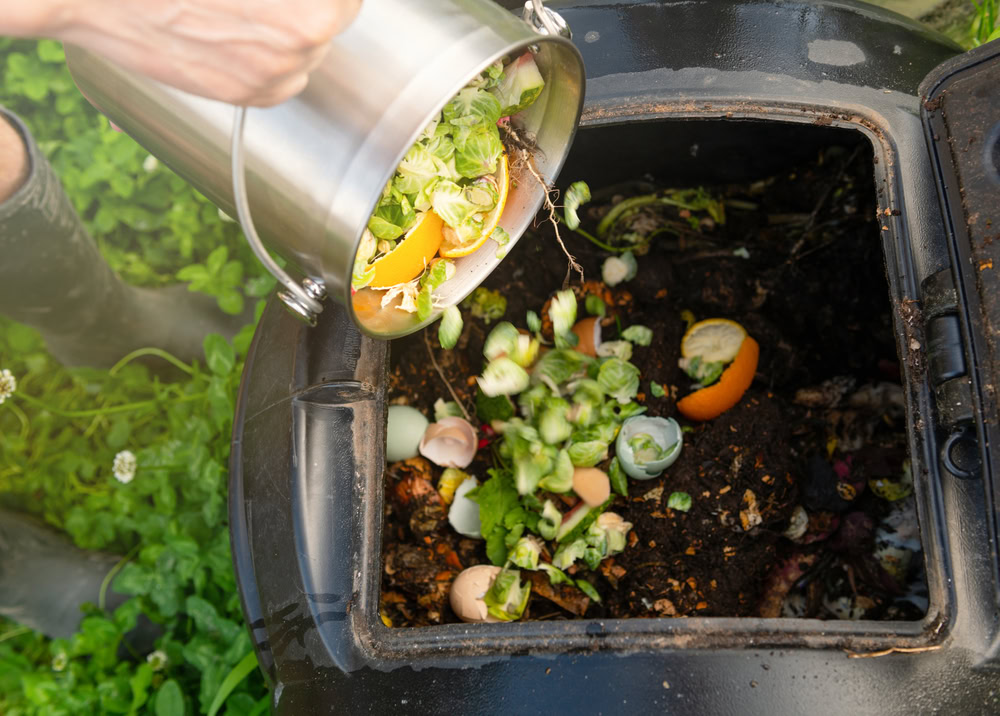The move follows a meeting which was held yesterday (July 11) between DEFRA, the Environment Agency and the Composting Association to discuss the composting of catering wastes.
The meeting aimed to resolve some of the confusion which arose last month when the Environment Agency recommended that the composting of kitchen waste should be stopped. The Department of the Environment, Food and Rural Affairs then issued a briefing note which said that organic kitchen waste could be composted.
No decision was made at the meeting which was held under “Chatham House Rules”, according to the Composting Association. A further meeting will be held on August 30. Speaking earlier this week Jane Gilbert, chief executive of the Composting Association, said that the Association would be arguing strongly the case for composting, provided that it is regulated effectively and carried out in an appropriate manner. She said: “We will be encouraging DEFRA to look at the science of composting and will make it clear at the meeting that once catering waste has been composted it is no longer food waste.”
She added: “We want the risks to be properly assessed and to work something out which is practicable.”
In-vessel composting could be a solution as the Animal By Products Amendment Order does “not prohibit” composting catering wastes that include meat and fish residues “provided” that ruminant animals, pigs and poultry (including wild birds) cannot gain access to the waste until composting has converted the mixture into a safe product that complies with the appropriate standards.
Charlie Trusdell, a composting expert, said: “Inevitably in-vessel composting will be the future. It will cost more than simple open windrow composting but should still be financially viable especially as landfill tax rises.”







Subscribe for free